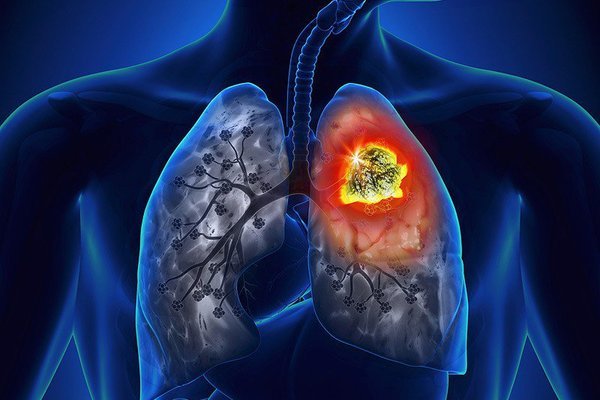Free Radicals: Definition, Causes, Antioxidants, And Cancer
Free radicals are highly reactive and unstable molecules which might be created in the body naturally being a byproduct of metabolism (oxidation), or by experience of toxins in the environment for example cigarette and ultraviolet light. Toxins use a lifespan of just a part of a second, but during that time can harm DNA, sometimes creating the mutations that could lead to cancer. Antioxidants within the foods we eat can neutralize the unstable molecules, lowering the probability of damage.
We will go through the structure, causes, and outcomes of free-radicals, as well as exactly what you need be familiar with antioxidant supplements for those who have cancer.
Definition and Structure of Free-radicals
Toxins are atoms that contain an unpaired electron. Because of this not enough a comfortable amount of shell electrons, they may be in the constant search to bind with another electron to stabilize themselves-a method that might cause injury to DNA and also other areas of human cells. This damage be the cause from the growth and development of cancer and also other diseases and accelerate growing older.
Varieties of Toxins
There are numerous kinds of free radicals, though, in humans, the most significant are oxygen toxins (reactive oxygen species). These comprise of singlet oxygen (when oxygen is "split" into single atoms with unpaired electrons), bleach, superoxides, and hydroxyl anions.
Causes/Sources of Free Radicals
You may wonder where free-radicals originate from initially. Toxins can be accomplished in certain various ways. They are often generated from normal metabolic processes by the body processes, or by experience of carcinogens (very toxic substances) in the environment.

Toxins can be accomplished both by carcinogens and the normal metabolic processes of cells.
Poisons As a result of Normal Metabolic Processes
Your body often produces toxins while wearing down nutrients to generate the power that allows the body to operate. The production of toxins in normal metabolic processes similar to this is amongst the reasons that the chance of cancer increases with age, even when individuals have few exposures to cancer-causing substances.
Poisons Because of Contact with Carcinogens
Experience of carcinogens inside our environment can also produce free radicals. Instances of some carcinogens include:
Cigarette smoke
Ultraviolet radiation
Radon in your house
Environmental and occupational substances and chemicals for example asbestos and vinyl chloride
Some viruses
Medical radiation
Pollution
How Free Radicals Might cause Cancer
Damage completed to genes in the DNA may result in genes that produce ineffective proteins; proteins should be watchkeepers on the cells in the body. Some of these mutations may involve genes labeled tumor suppressor genes. These genes code for proteins that function to fix damages in DNA or cause cells which might be damaged beyond salvage to be removed via a procedure for apoptosis (programmed cell death).
Oncogenes are genes that code for proteins that promote the development of cells. Normal genes in the body called "protooncogenes" are important in promoting the increase of the baby when pregnant and transiently produce proteins that help with tissue repair. Mutations in these genes (which can be then oncogenes) increase the risk for continuous production of proteins that promote the growth of a cell.
Most often, it's a series of mutations both in tumor suppressor genes and oncogenes which leads to cancer. Damage (mutations) to tumor suppressor genes allows a damaged cell to survive unrepaired (abnormal) and damaged oncogenes promote the expansion of this damaged cell. The result is-the formation of a cancer cell.
For details about ung thu phoi giai doan cuoi please visit webpage: read more.
Created at 2020-07-02 08:21
Back to posts
This post has no comments - be the first one!
UNDER MAINTENANCE